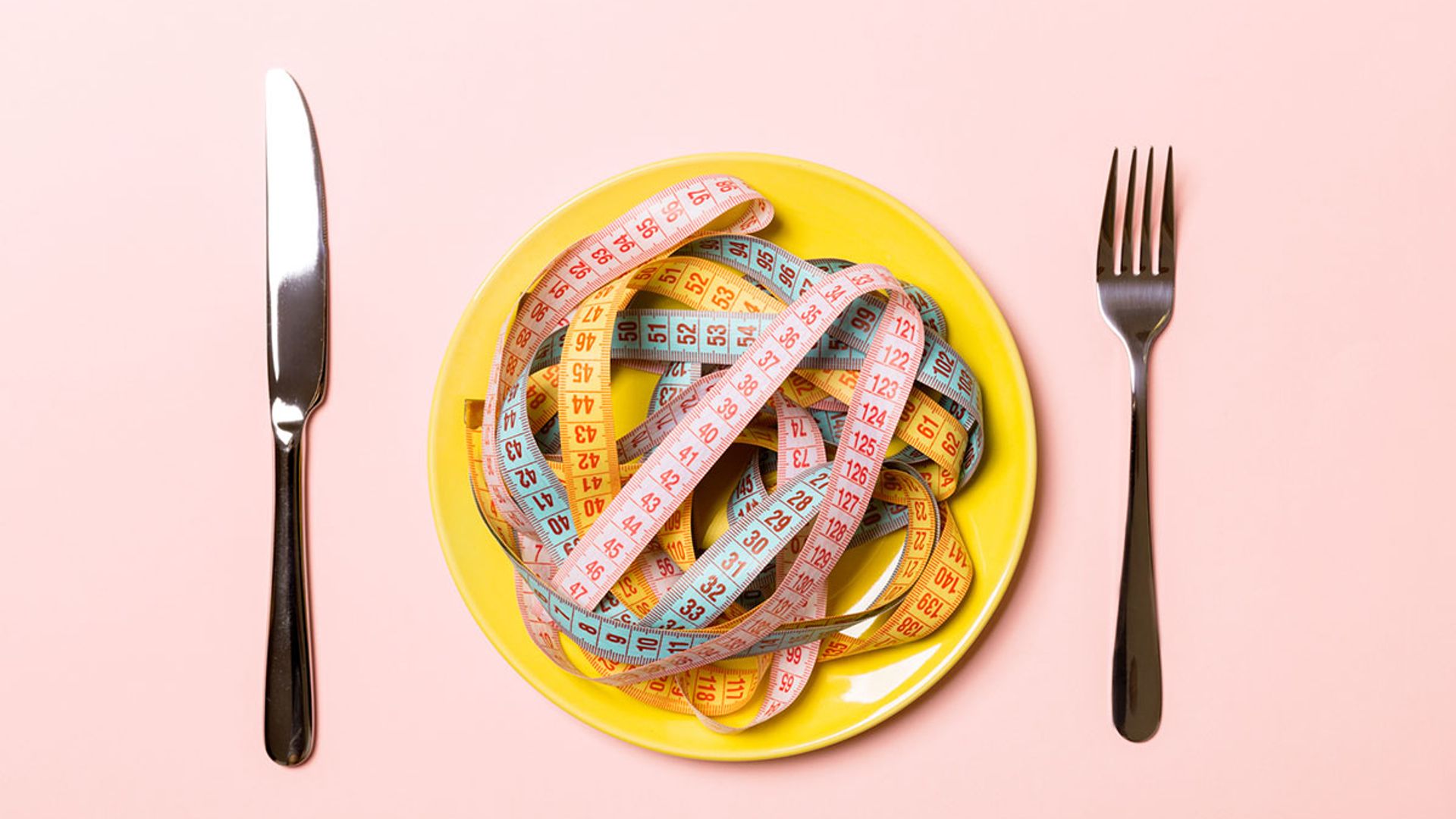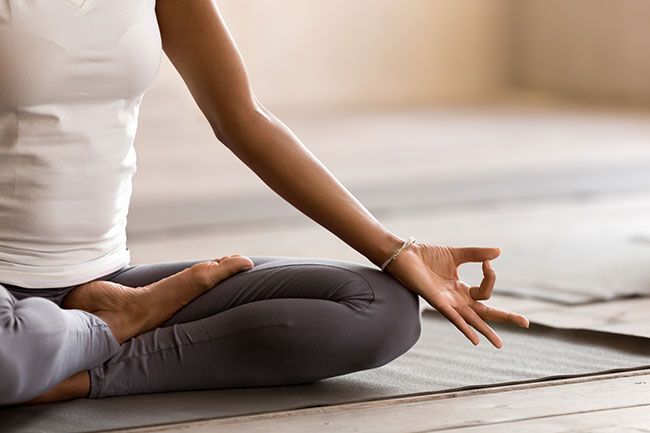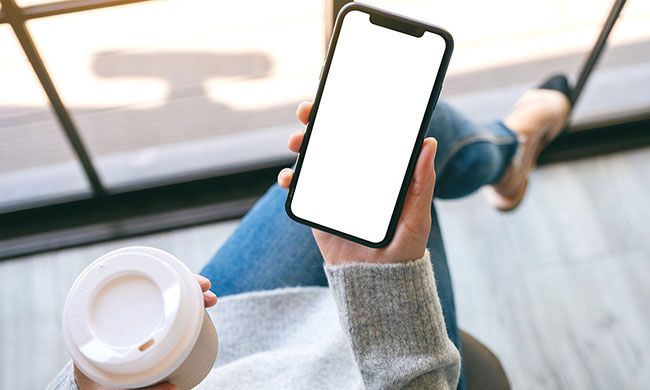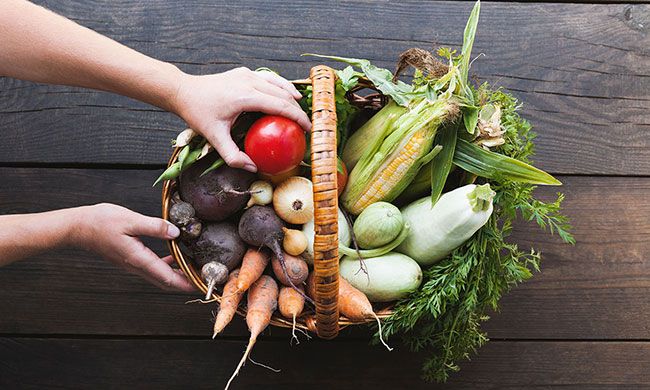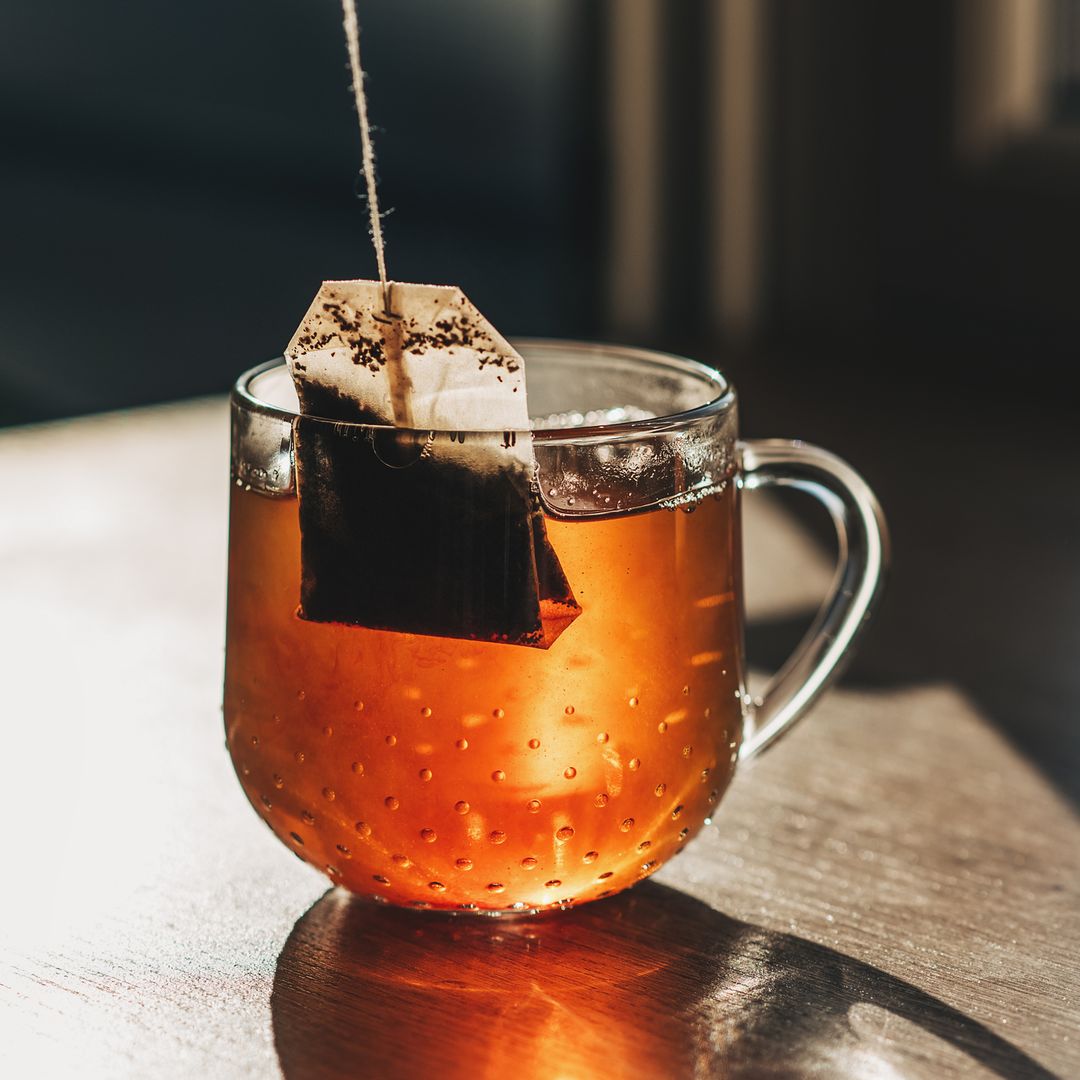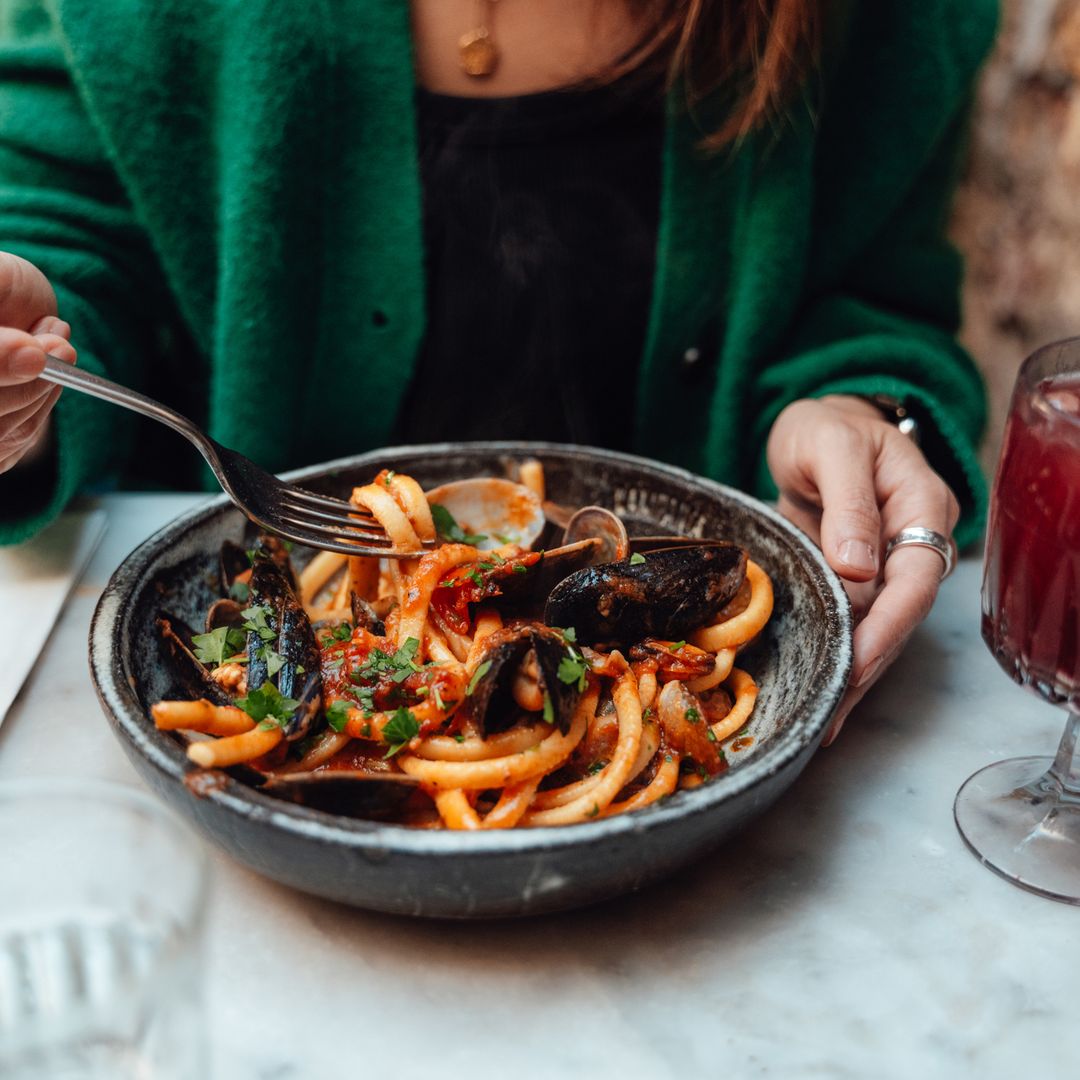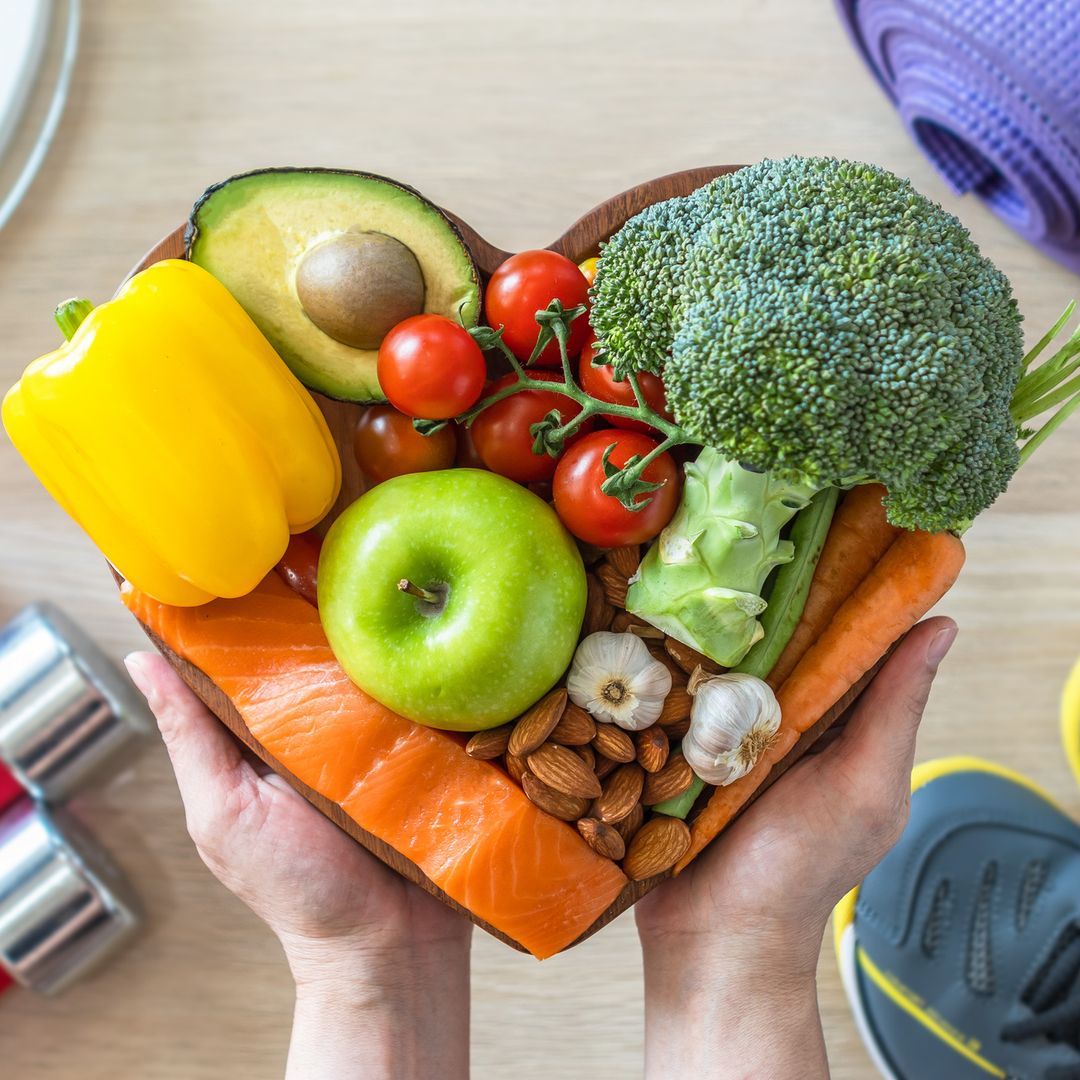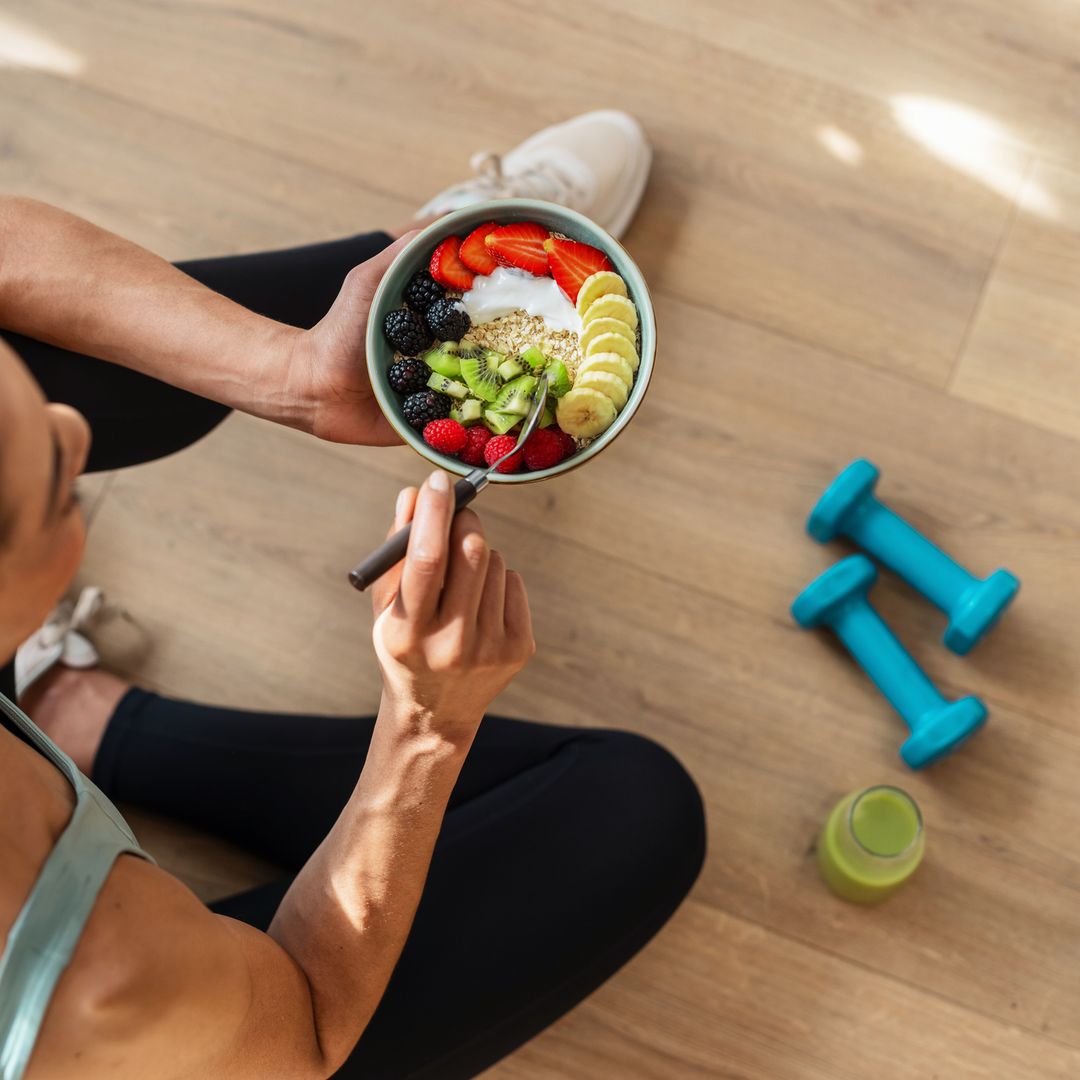While the world currently feels in limbo due to the coronavirus pandemic, something that doesn’t take a break is eating disorders. In fact, they have become heightened with self-isolation - leading UK eating disorder charity BEAT has seen a 30 per cent spike in the number of calls to its helpline since social distancing was implemented.
What are the reasons for this increase? "Isolation can cause us to feel lonely, anxious or depressed," says Psychologist Dr Jude McLean. "Binge-eating, purging and restricting can serve as ways of numbing or soothing these painful feelings - by taking us our focus and even by momentarily making us feel better. Having an eating disorder can also function as a way of feeling in control i.e. feeling grounded and safe in the world, especially when we feel out of control in other aspects of our lives."
Read: 7 of the best free apps for your fitness and mental health during self-isolation
Plus, Jude explains, being isolated without our usual social interactions and routines can increase this need to take control in unhealthy ways. Eating disorder habits provide short-term control, although the longer-term impact is that the eating disorder ends up being the one in control.
So, if you’re suffering from an eating disorder and finding it being triggered under the current circumstances, what can you do? Jude gives us her top tips:
Stay present
Uncertainty is difficult for all human beings, but it can be more bearable if you choose to accept it as a part of life. Acknowledge the uncertainty and let go of trying to control it. Remind yourself that, as hard as it feels right now, it will pass.
Practice mindfulness meditation
There are a lot of good apps available to guide you, like Calm or Headspace. Along with helping you to stay present, mindfulness can help you to manage painful feelings and to cultivate compassion for yourself and others, which is important because compassion has been proven to help us feel calmed and soothed. Use mindfulness in your daily life to help you get out of your head - look at something beautiful, notice the feeling of a soft blanket, really listen to the sounds you can hear around you right now. You can also practise relaxation breathing - this regulates our nervous systems and helps us to stay grounded. Or try gentle yoga, which has similar benefits.
MORE: Celebrities struggling with self-isolation
Use grounding techniques
If you feel overwhelmed, use grounding techniques. Look out for five things you can see and describe them in detail. Then do the same for four things you can hear, three things you can feel on your skin, two things you can smell, then take one big breath and let go of any tension in your body. Or visualise yourself, possibly with someone who really loves you, in a beautiful place that for you represents absolute safety and calm. It can be somewhere you’ve been or a place totally of your own imagination. Really see, hear, smell and feel everything as if you’re there right now.
Watch your thinking
During times like these, we catastrophise, meaning we predict the worst-case scenario - this can be fuelled by all the news stories we see. When you notice yourself catastrophising, stop and make yourself think in detail about the best-case scenario and the most likely one. For example, most people who contract COVID-19 will only experience mild symptoms.
Consider your use of social media and your consumption of the news
Stay up to date on the latest advice using the Government guidelines but don’t watch the news constantly. Consider following individuals and groups on social media who are doing and saying positive things. There are many acts of kindness out there right now. Make your newsfeed a bit more varied. Follow people who inspire you or things that make you laugh. Consider muting triggering content, temporarily unfollowing or muting people who are constantly posting things that make you anxious. Take time out from thinking, reading and talking about coronavirus. Switch your attention to something else even for 10 minutes: a book, an engaging hobby, a comedy on TV.
PRESS PLAY: 21 TV shows to watch if you don't have a Netflix subscription
Keep a good structure to your day
Try to still keep to regular bedtimes. Keep an ACE structure: an equal mix of achievement, connection and enjoyment. With social distancing and isolation, this will need to look different - connect online with friends and family, make more phone calls, put more time into hobbies and pastimes. Now can be a time to invest more of yourself into areas of your life that get neglected as a consequence of putting so much of yourself into the eating disorder.
Stick to your meal plan
Eat your meals and snacks at the same times as you normally would. Eat at a table, not at your desk, in front of the TV or in bed. Eat mindfully, really noticing the food and your body’s natural hunger and fulness signals. If you tend to check your weight repetitively, put the scales somewhere you can’t access them easily. Don’t weigh yourself more than once a week.
Read: 7 best meal delivery services to order while you self-isolate on lockdown
Be kind to yourself
If you tend to be self-critical when you’re struggling, ask yourself what a good friend would say to you instead. Or build an image of your own ‘inner friend’ and imagine they are there with you, helping you through it.
Keep connected
Make sure you keep in touch with someone who knows about your ED and supports you. Consider making an agreement that you can call them if you are having a strong urge to binge that you cannot manage on your own. This could be your therapist, a close friend or a partner. Even a brief chat can help.
Visit BEAT for free online support.
